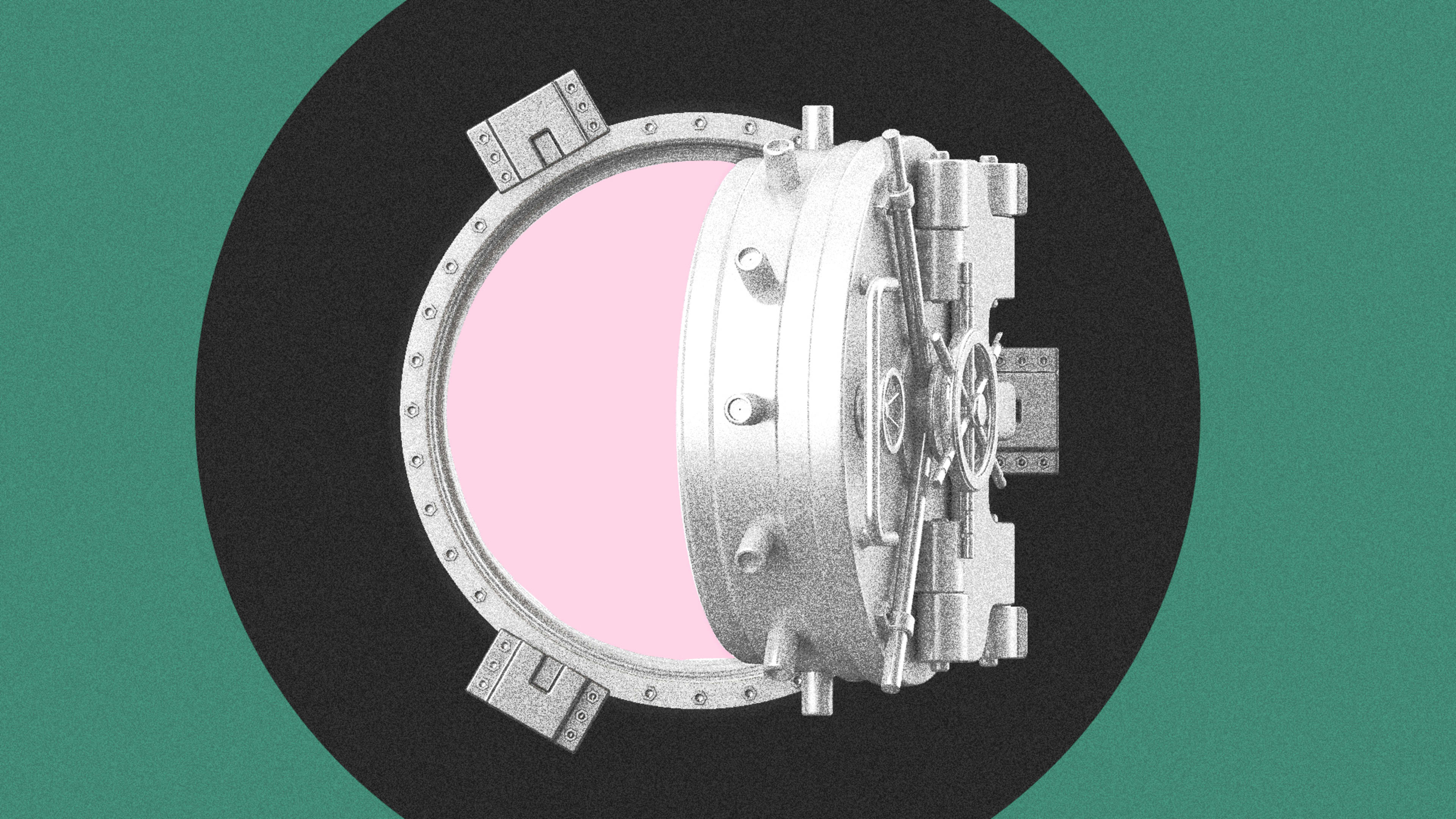In a given year, the biggest banks in the U.S.–Wells Fargo, Citi, Bank of America, and JP Morgan Chase–rake in billions of dollars in fees that their customers pay to bank with them, and money they have to turn over if they overdraw from one of their accounts. Often, the banks then turn that money around and invest it in fossil fuels; in one of the most well-documented instances of big banks’ questionable investments, Wells Fargo poured money into companies pushing the controversial Dakota Access Pipeline.
In response to its involvement with the pipeline, Wells Fargo saw many of its customers (including me) pull money from the bank. Divestment is certainly a powerful tool to demonstrate discontent with a major company’s actions, and it’s become more common as online banking tools make it easier to switch accounts. But especially in banking, there are far fewer opportunities for people to people to do the reverse–influencing a company to make more ethically sound investments.
A new online banking platform, Good Money, wants to fill that void. Founded by Gunnar Lovelace, one of the founders of the organic e-commerce site Thrive Market, Good Money aim to put its people and their values at the forefront, Lovelace says.
That starts with a unique feature for a for-profit financial institution: When a new customer signs up with Good Money, they’re given an equity share and become partial owners of the platform. Lovelace says customers may eventually own as much as 70%. Credit unions, nonprofit financial institutions collectively owned and governed by members, have existed since the mid-1800s, and Good Money, Lovelace says, was inspired in part by the cooperative movement that those banks play a part in. As nonprofits, credit unions ultimately serve their members, and return whatever profits they make to them in the form of lower fees and higher savings rates.
Good Money offers its members similar financial perks, like no ATM or overdraft fees (because Good Money is an entirely digital banking platforms, customers can withdraw money from any ATM with no charge). But 50% of the profits it makes, it funnels toward the planet through impact investments and charitable donations. The platform’s customers (who are partial owners) vote on where Good Money will invest its profits, but options will include only sustainable investments, like clean energy or reforestation efforts.
“Money is actually just energy,” Lovelace says. Through the new platform, he wants to capture a portion of that energy, which big banks have been funneling toward questionable goals, and direct it toward improving the long-term sustainability of the planet. Ultimately, he thinks that Good Money will attract customers who want to see similar changes and investments, and their ability to vote on which issues matter most to them will direct how Good Money prioritizes its investments.
“Banking is at the core of so many problems that we face currently, from extractive capitalism, to funding private prisons, to $30 billion in overdraft fees that customers paid to big banks last year,” Lovelace says. He sees the growth and sophistication of digital platforms as a way to make the banking process more transparent and accessible to people that have struggled with the experience of using a big bank. Good Money is a completely online or app-based platform that follows in the footsteps other online financial firms like Aspiration (which also invests in sustainable causes). These banks, which have sprung up in recent years, offer a different type of banking experience with fewer fees–the lack of infrastructure like ATMs and physical branches keeps costs low for customers.
Good Money is raising $30 million with a group of investors including Breyer Capital, Mitch Kapor, and Ken Howery, and customers can begin to sign up for the platform on the website; there are no up-front fees to join. Lovelace is hopeful that the new platform will help its customer-owners feel more empowered within capitalism, and see their money make a more direct and positive impact. In outreach leading up to the launch of the platform, he’s heard positive feedback from people, who “inherently understand that since the financial crisis, most of the people that have done well are bankers and investors.” Transferring ownership of financial products to the people who use them, Lovelace says, is something that makes intuitive sense to people who have felt disenfranchised by traditional big banking. “The system can start to work better when people and the planet are the stakeholders,” he says.
Recognize your brand’s excellence by applying to this year’s Brands That Matter Awards before the early-rate deadline, May 3.
